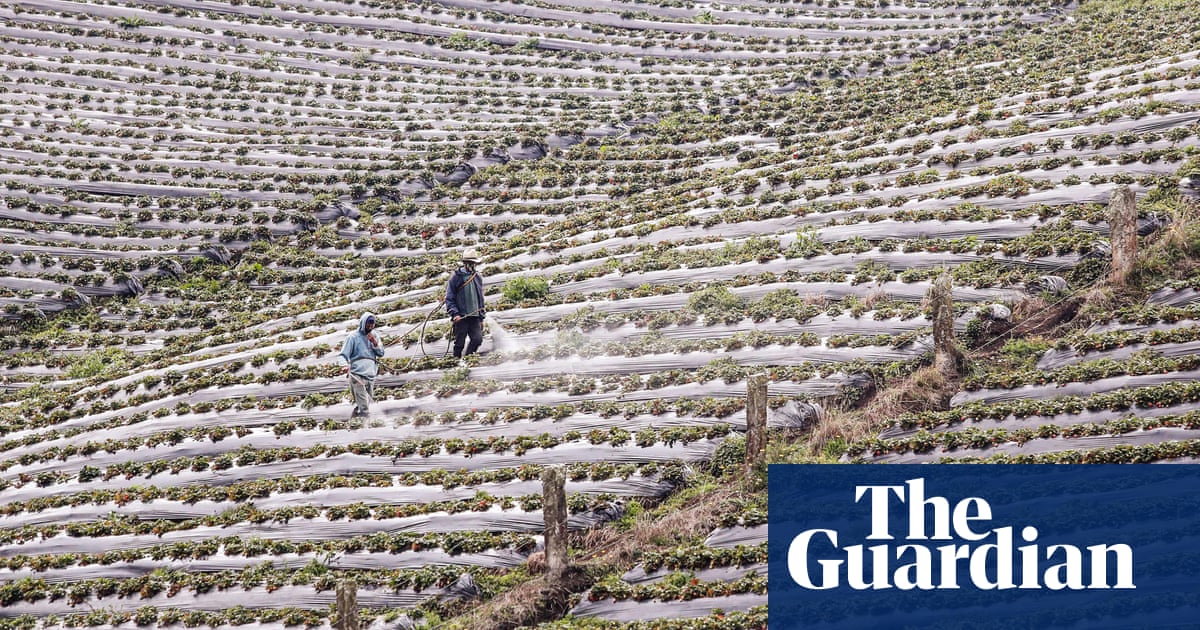
"We continue to raze vast tracts of carbon-rich forests for crop and grazing land, thereby creating, by some estimates, as much as a third of all global planet-heating emissions."
"As parts of the developing world get wealthier, people eat more meat, meaning more forest and grassland is obliterated and greater emissions are belched out by livestock."
"Even if we do manage to kick the habit of coal, oil and gas, modern agriculture now has enough heft on its own to shove us headlong into environmental catastrophe."
"Grunwald estimates that agricultural production will need to expand by about 50% in the next 25 years to feed a growing human population of 10 billion people."
The transition from fossil fuels is slow, yet clean energy solutions for cities, vehicles, and industries exist. However, the food production system lags behind, contributing heavily to climate change through deforestation and livestock emissions. As global wealth increases, meat consumption rises, exacerbating environmental damage. Agricultural production needs to expand significantly to feed a growing population while preserving biodiversity and carbon-rich forests. There is insufficient funding and innovation to enhance food production sustainably, making it a precarious challenge for the future.
Read at www.theguardian.com
Unable to calculate read time
Collection
[
|
...
]